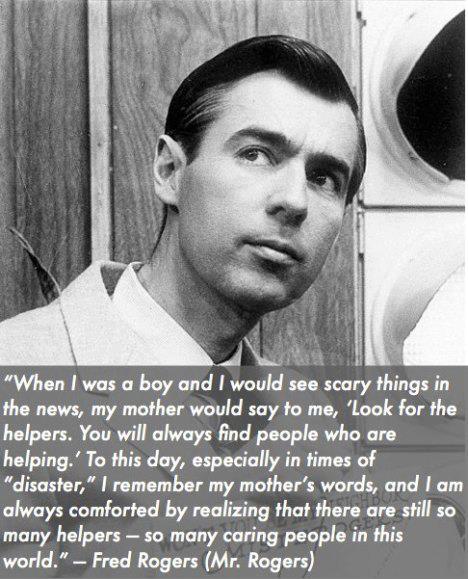 If you think sending your kids off to college is stressful, just think how your students must feel, alone and solely responsible for themselves for the first time in their lives. While they can always call you up for advice, and you’re no doubt helping immensely on the financial end, the truth is that they will have to make their own decisions, and live with the consequences (or hopefully, reap the rewards of their good choices). And if you’ve done a good job raising them they should be able to face their conundrums head on and do the right thing. But still, they will likely be pulled in many directions, what with a demanding schedule of classes and studying, peer pressure to socialize, and any number of other obligations to attend to, such as clubs, Greek life, internships, and for many, a job. This can raise the stress level of the average freshman sky high. So when you start to hear that tremor in the voice that tells you a breakdown is imminent, here are just a few things you may want to throw in a college care package and ship off immediately.
If you think sending your kids off to college is stressful, just think how your students must feel, alone and solely responsible for themselves for the first time in their lives. While they can always call you up for advice, and you’re no doubt helping immensely on the financial end, the truth is that they will have to make their own decisions, and live with the consequences (or hopefully, reap the rewards of their good choices). And if you’ve done a good job raising them they should be able to face their conundrums head on and do the right thing. But still, they will likely be pulled in many directions, what with a demanding schedule of classes and studying, peer pressure to socialize, and any number of other obligations to attend to, such as clubs, Greek life, internships, and for many, a job. This can raise the stress level of the average freshman sky high. So when you start to hear that tremor in the voice that tells you a breakdown is imminent, here are just a few things you may want to throw in a college care package and ship off immediately.
Send a little piece of home
In addition to the other stressors college freshman face, many are beset by homesickness. They might not admit it, considering how gung-ho they were to get out of the house in the first place, but they’ll be missing your cooking, their own bed, and of course, you. Anyone striking out on their own for the first time is bound to miss the comfort and familiarity of home. So the first thing you might want to include in your care package is something you’ll know your college freshman has been missing. Perhaps you could mix up a batch of cookies, brownies, or another favorite baked good. You can’t exactly send frozen lasagna by freight and expect it to keep, but with proper packing your baked goods will certainly hold up for the couple of days it will take them to get from point A to point B. As a bonus, this type of care package will make your student a hit with peers.
Add a personal item
Next you should think about adding a personal item that your student may have left behind, something comforting like favorite quilt that family members use when they’re ill, or an old sweatshirt that has smells like home thanks to recent laundering. When your student is feeling alone and the pressures associated with schooling are high, getting an item like this unexpectedly can provide a welcome dose of familiarity that brings with it a sense of comfort and calm. Just knowing that someone is thinking about you and that they know just what you need to feel better can have an incredibly therapeutic effect, so don’t hesitate to forward a care package that includes one or two personal items.
Surprise them with an unexpected gift
Of course, you could go the extra mile by including a few new items for the sake of diversion. For example, you might pick up a new DVD or video game release that you think your student will enjoy as a way for him/her to blow off some steam. Or if there’s a band you both enjoy, create an MP3 mix and send it on disc. You could even include an iTunes or Amazon gift card. You might also add bath products or pre-packaged snack foods (healthy options, of course), which college students are always in need of. And don’t forget a long letter telling your student about everything that’s happening at home.
Whether your freshman is at Columbia, Northwestern, Boston University or Marylhurst University, the stress is bound to be high. So take your time and put together a college care package that is sure to bring with it the comfort that only a parent can provide. It’s the best way to ensure a happy, healthy student.









